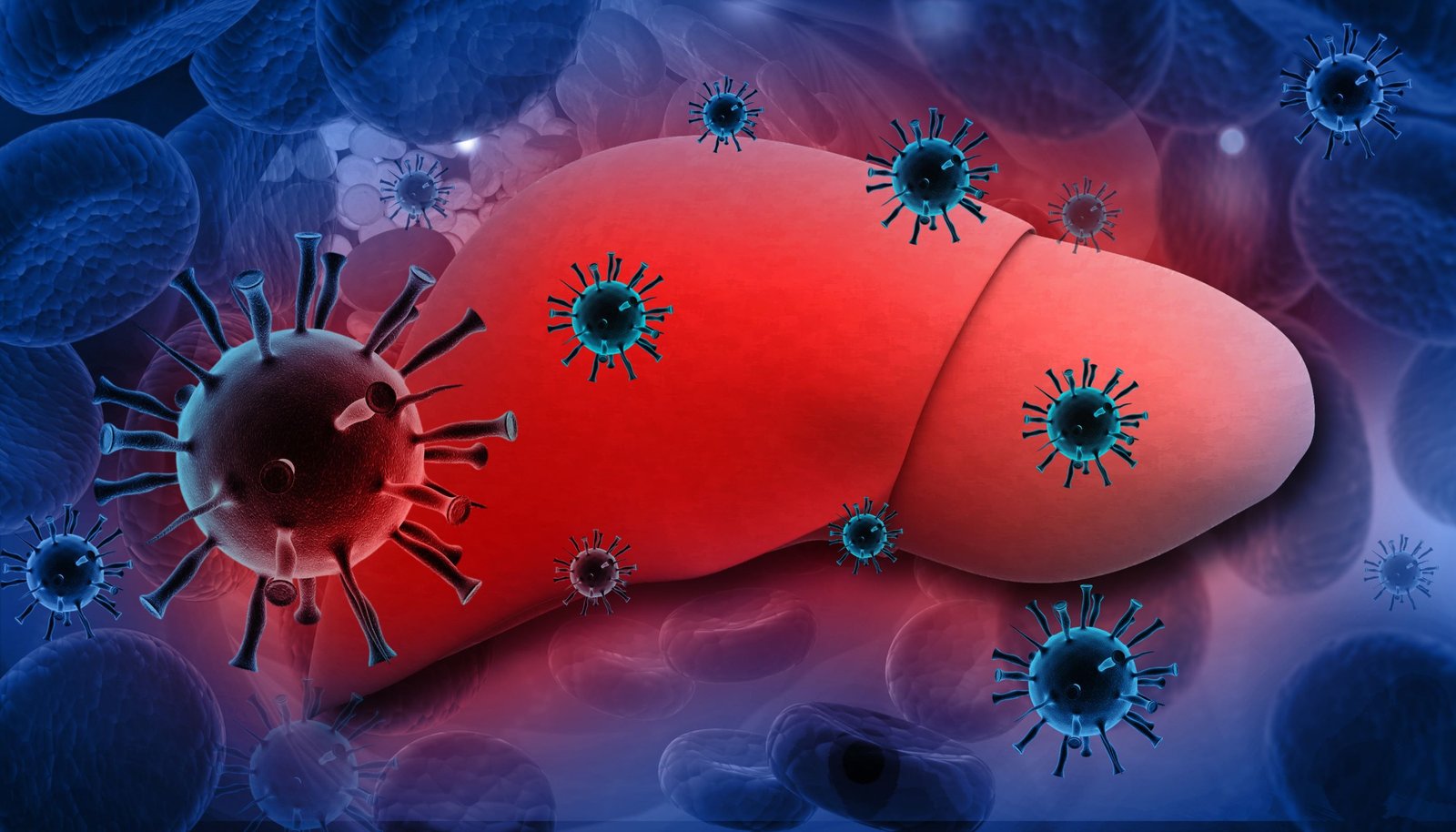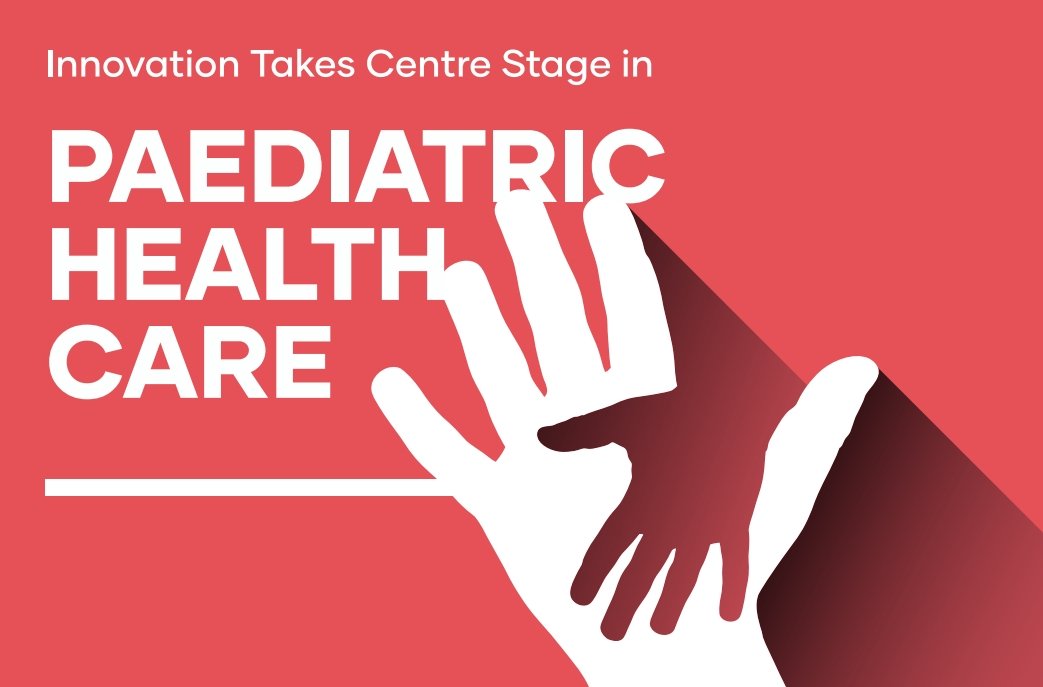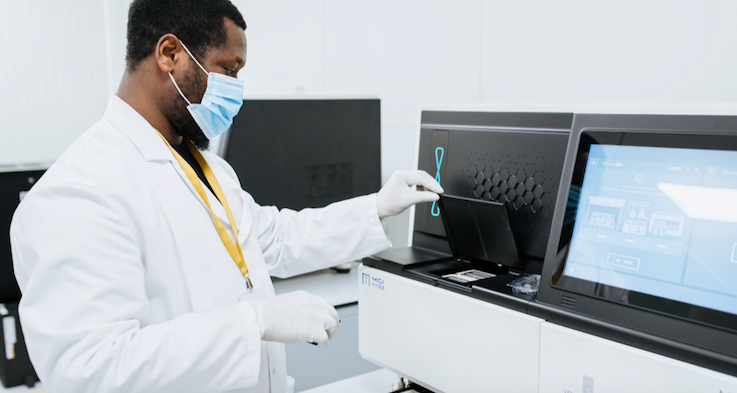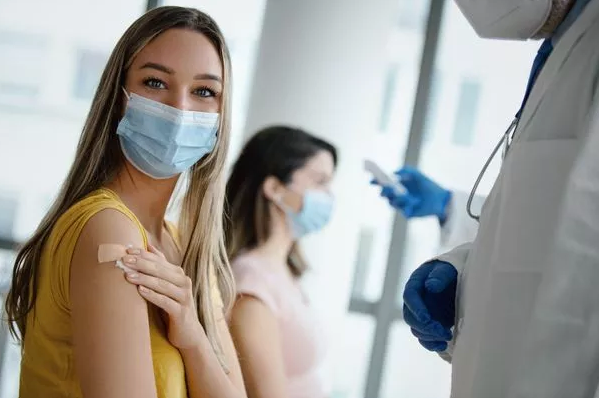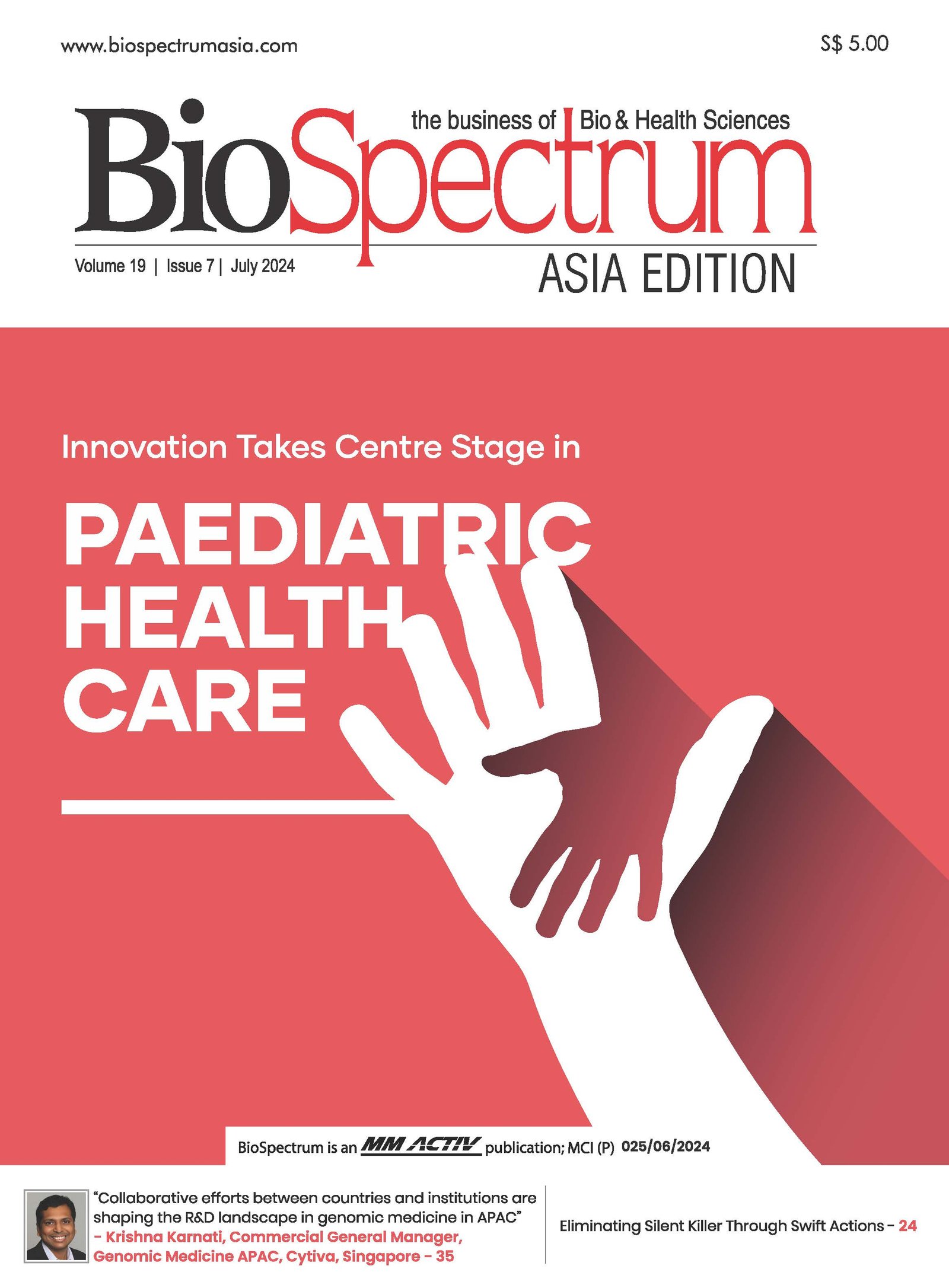Dr Loke Wai Chiong, KPMG: Convergence of healthcare and life science is a must
24 December 2012 | Opinion | By BioSpectrum Bureau

Dr Loke Wai Chiong, director, global healthcare practice, KPMG, Singapore
In the coming year, we expect to see greater convergence between the healthcare and life sciences sectors. This inevitable trend has to take place if both sectors hope to prosper in the long-run. Although APAC has managed to attract pharma majors to invest in the region for clinical trials, it is still hard to pinpoint any one country that has taken the lead in this domain.
In healthcare, demand factors such as ageing, higher patient expectations, the growth in chronic diseases, largely due to lifestyle choices, and the occasional epidemic are going to drive up costs and strain healthcare systems. This situation is further exacerbated by new technological advances in diagnostics, therapeutics and health information technology (IT). These are often seen by health systems and especially payers as drivers for cost increases, rather than solutions to problems.
Possible consequences include unacceptable tax burdens, state-mandated rationing-of-care, unaffordable insurance premiums, and reductions in coverage to 'core' services such as acute care in hospitals and the continuing push towards greater patient co-payments.
If these consequences are to be avoided, the way in which care is delivered must be redesigned. Patients have to be re-engaged in new ways and productivity of healthcare workforce must be maximised. All these mean that healthcare will continue to be a sector in flux. Transformation will continue to be the buzz word.
In life sciences, business transformation has to take place due to factors such as regulatory and price pressures; poor research and development (R&D) capitalization and productivity; as well as the continuing issue of drugs falling off the patent cliff and diminishing pipelines for new drugs. For both the private and the public sector research, there is a push for faster and more efficient translation of scientific discovery into treatments. This presents both a challenge and an opportunity for greater public-private collaborations in R&D. Life sciences companies will need to move from a position of simply supplying products to taking a role in stratifying patients, ensuring compliance, monitoring outcomes and demonstrating value.
Meanwhile, healthcare systems can take advantage of partnership opportunities to develop research capabilities, access new funding sources, and even build up a life sciences industry sector in their region or country. They can better negotiate with innovators and suppliers not just on price but also on economics of care pathways and drug/ device use, and have earlier access to new drugs or devices. However, they will also need to be ready to participate in major developmental and regulatory innovation, and build up capabilities in collecting outcome and safety data, and big data analysis.
Global forces affecting healthcare and life sciences demand convergence across the two sectors in order for all the industry players to prosper in a sustainable way. Therein lies the opportunity for both sectors to forge new partnerships to reduce healthcare costs and increase quality as well as access for patients around the world.


